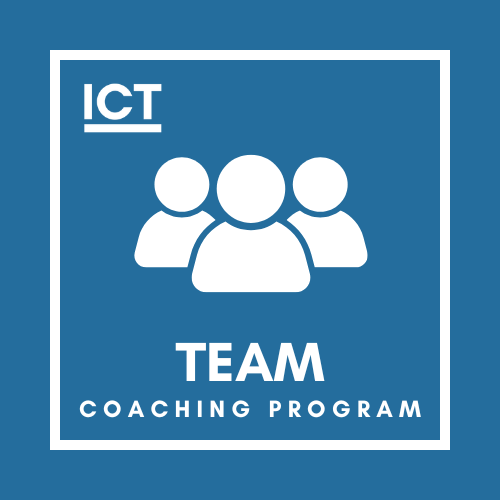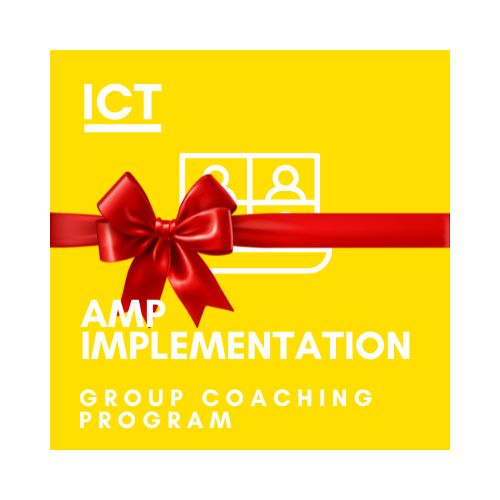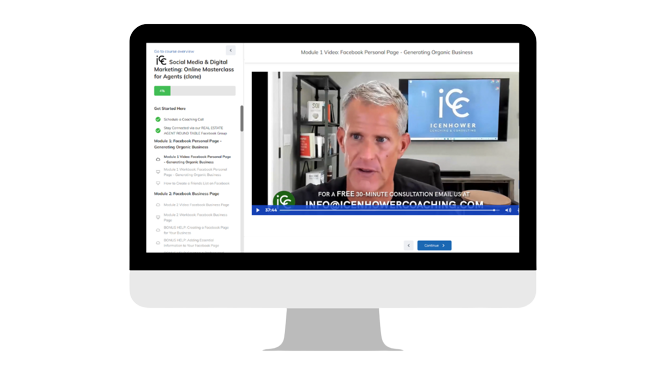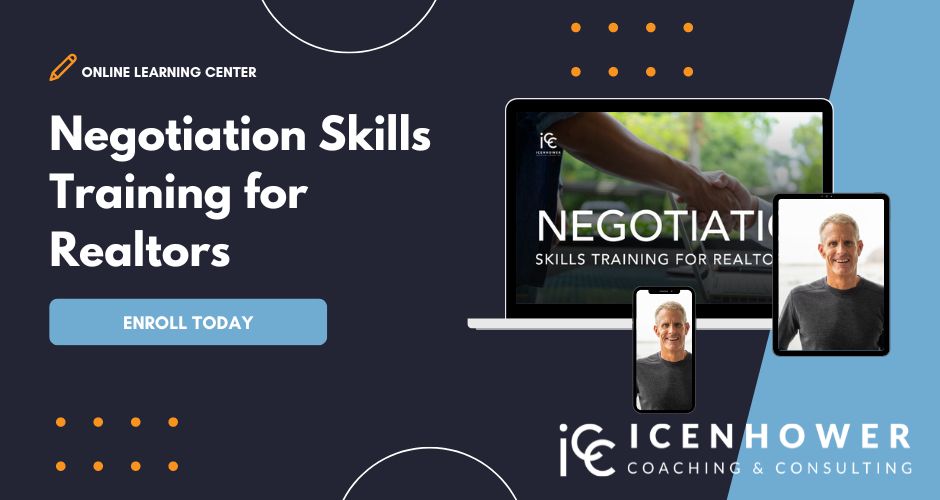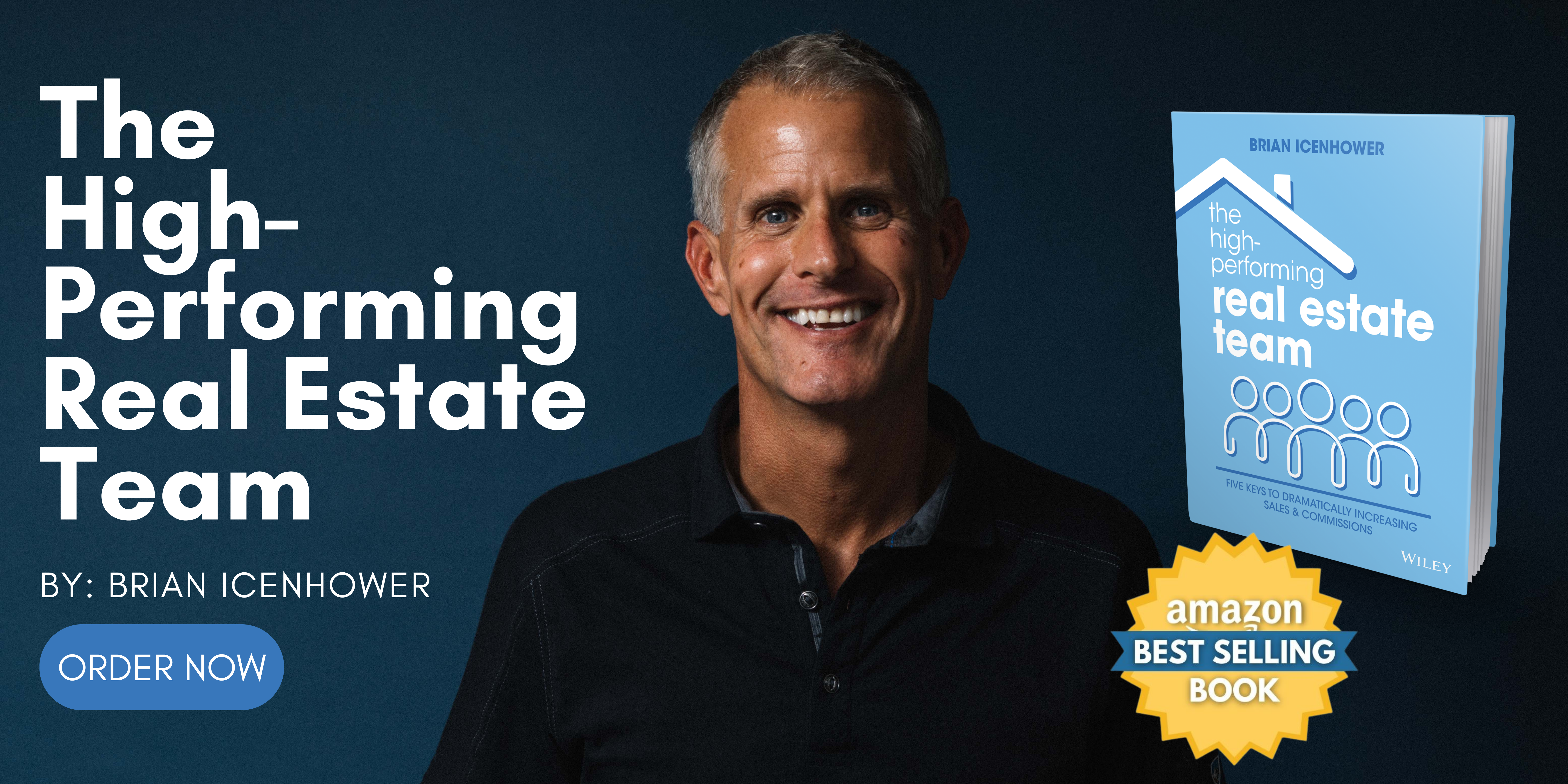Watch as Brian Icenhower & Dan Floriani discuss commercial real estate training strategies to maximize passive income by partnering with clients.
Commercial real estate training can be a game-changer for residential agents looking to diversify their expertise and income streams. While residential and commercial real estate may seem worlds apart, there are numerous transferable skills and strategies that can help residential agents transition into commercial real estate or integrate its principles into their existing businesses. Today, we’re diving into these insights, thanks to a conversation with Dan Floriani, a seasoned expert with over 25 years of experience in commercial real estate and a USC adjunct professor.
Listen to this episode on The Brian Icenhower Podcast.
VIDEO: Real Estate Team Pros and Cons – Should I Join One?
Why Commercial Real Estate Matters for Residential Agents
Understanding commercial real estate opens up a wealth of opportunities for residential agents. It allows you to:
Diversify your portfolio: By learning the ropes of commercial real estate, you can serve a broader range of clients, from investors to business owners.
Build passive income: Many commercial real estate projects focus on long-term investments that generate recurring cash flow.
Add value to your clients: You can guide clients interested in investment properties or mixed-use developments, making you a more versatile and valuable resource.
Dan Floriani’s career exemplifies how applying commercial real estate strategies can create lasting success. His approach focuses on building long-term relationships and aligning interests with clients, a principle that resonates deeply with residential real estate professionals.
Building Long-Term Client Relationships
One of the standout elements of Dan’s business model is the emphasis on creating lifelong partnerships. He believes in aligning interests with clients to foster trust and mutual benefit. Here’s how residential agents can apply this principle:
Celebrate milestones: Just as Dan’s company celebrates tenant anniversaries rather than traditional holidays, residential agents can reconnect with clients on the anniversary of their home purchase. This unexpected touchpoint strengthens relationships and keeps you top-of-mind.
Focus on alignment: Aligning your goals with those of your clients builds trust. For example, partnering with clients on investment projects demonstrates your commitment to their success.
Be the connector: Residential agents can add value by connecting clients with contractors, lenders, property managers, and other resources. These relationships establish you as a trusted advisor.
-
Quick View
Team Coaching Program
$1,250 / monthThe Team Real Estate Coaching Program is for smaller teams looking for internal structure, leverage and leadership.
-
Quick View
1×1 Solo Agent Weekly Coaching Program
$1,000 / monthThis 1×1 Solo Agent Weekly Real Estate Coaching Program designed to help you increase your production and your commission income with strategies and systems for sustainable business growth.
Sweat Equity and Adding Value
For agents wondering how to participate in real estate investments without substantial capital, Dan emphasizes the concept of sweat equity. Sweat equity allows you to contribute your expertise, connections, and hard work instead of monetary investment. Here’s how to leverage sweat equity:
Identify opportunities: Partner with clients looking to invest in fix-and-flip properties, rental homes, or commercial developments. Your market knowledge and connections can guide them to the right opportunities.
Contribute your expertise: Whether it’s sourcing a property, connecting clients with financing options, or advising on property management, your expertise adds significant value to the transaction.
Negotiate ownership stakes: In exchange for your contributions, negotiate a small equity stake in the investment. This creates passive income opportunities for you while aligning your interests with your clients.
Creating Recurring Income Streams
One of the most compelling aspects of commercial real estate is its potential to create passive income. Dan’s business model centers on partnering with institutional investors to develop and manage properties, generating long-term cash flow. Residential agents can apply this principle in several ways:
Invest alongside clients: By partnering with clients on investment properties, you share in the income generated by those assets.
Manage rental properties: Offer property management services for investment properties, creating a recurring income stream while maintaining close relationships with clients.
Leverage your expertise: Your knowledge of the market and ability to identify high-quality investments make you an invaluable partner for clients looking to build their real estate portfolios.
The Power of Knowledge and Connections
Dan’s success in commercial real estate stems from being “an inch wide but a mile deep” in his area of expertise. Residential agents can adopt a similar mindset by deeply understanding their local markets and leveraging their connections.
Market expertise: Knowing the nuances of your market—such as which neighborhoods are up-and-coming or which streets have higher traffic—helps you guide clients to make informed decisions.
Building a network: Relationships with contractors, lenders, developers, and property managers add immense value to your services. These connections allow you to solve problems for clients and build trust.
Continuous learning: Investing in commercial real estate training enhances your expertise, making you a more versatile agent and expanding your business opportunities.
While residential and commercial real estate may seem worlds apart, there are numerous transferable skills and strategies that can help residential agents transition into commercial real estate or integrate its principles into their existing businesses.
Brian Icenhower
Overcoming Common Challenges
Many residential agents hesitate to explore commercial real estate because they feel they lack the necessary knowledge or resources. However, as Dan points out, success often comes from getting out there and doing it. Here are some tips to overcome common challenges:
Start small: Begin by assisting clients with smaller commercial properties, such as duplexes or local retail spaces.
Educate yourself: Enroll in commercial real estate training programs to build your knowledge base.
Lean on your network: Collaborate with experienced commercial agents or mentors to gain insights and guidance.
The Long-Term Benefits of Commercial Real Estate Training
For residential agents, venturing into commercial real estate offers both immediate and long-term rewards. By adopting strategies like aligning interests with clients, leveraging sweat equity, and building passive income streams, you set yourself up for sustainable success. Additionally, these approaches can be applied within residential real estate to create stronger client relationships and more stable income.
As Dan Floriani’s career illustrates, the possibilities in real estate are endless when you focus on adding value, building trust, and aligning your goals with those of your clients. By investing in commercial real estate training and adopting these principles, you can expand your horizons, grow your business, and create lasting wealth.
Conclusion: Commercial Real Estate Training for Residential Agents
Commercial real estate training provides residential agents with the tools to diversify their skills, create new income streams, and add unparalleled value to their clients. By learning from experts like Dan Floriani and applying these strategies, you can elevate your career and unlock new opportunities in the ever-evolving real estate market.
Talk to a coach about your goals. Book a free call with an ICT coach today.


